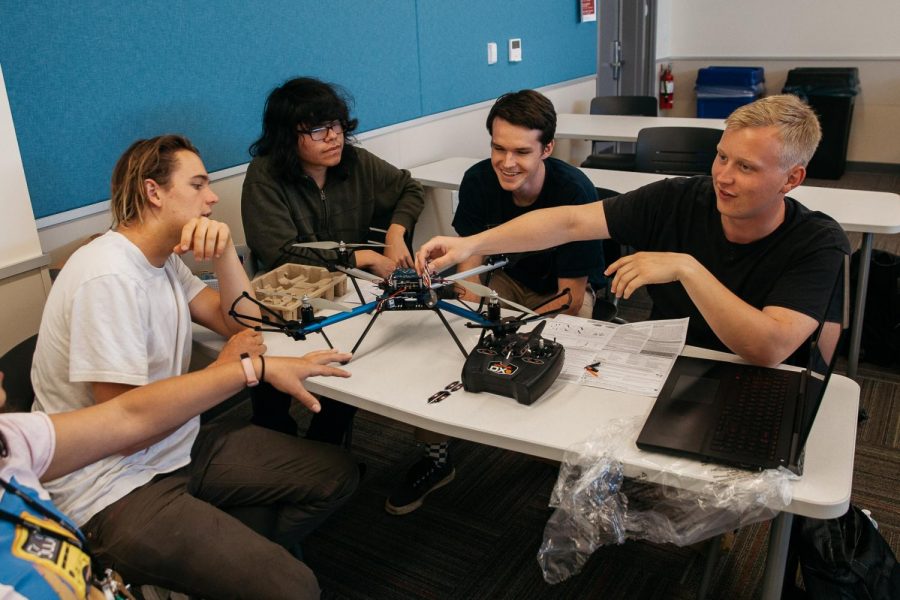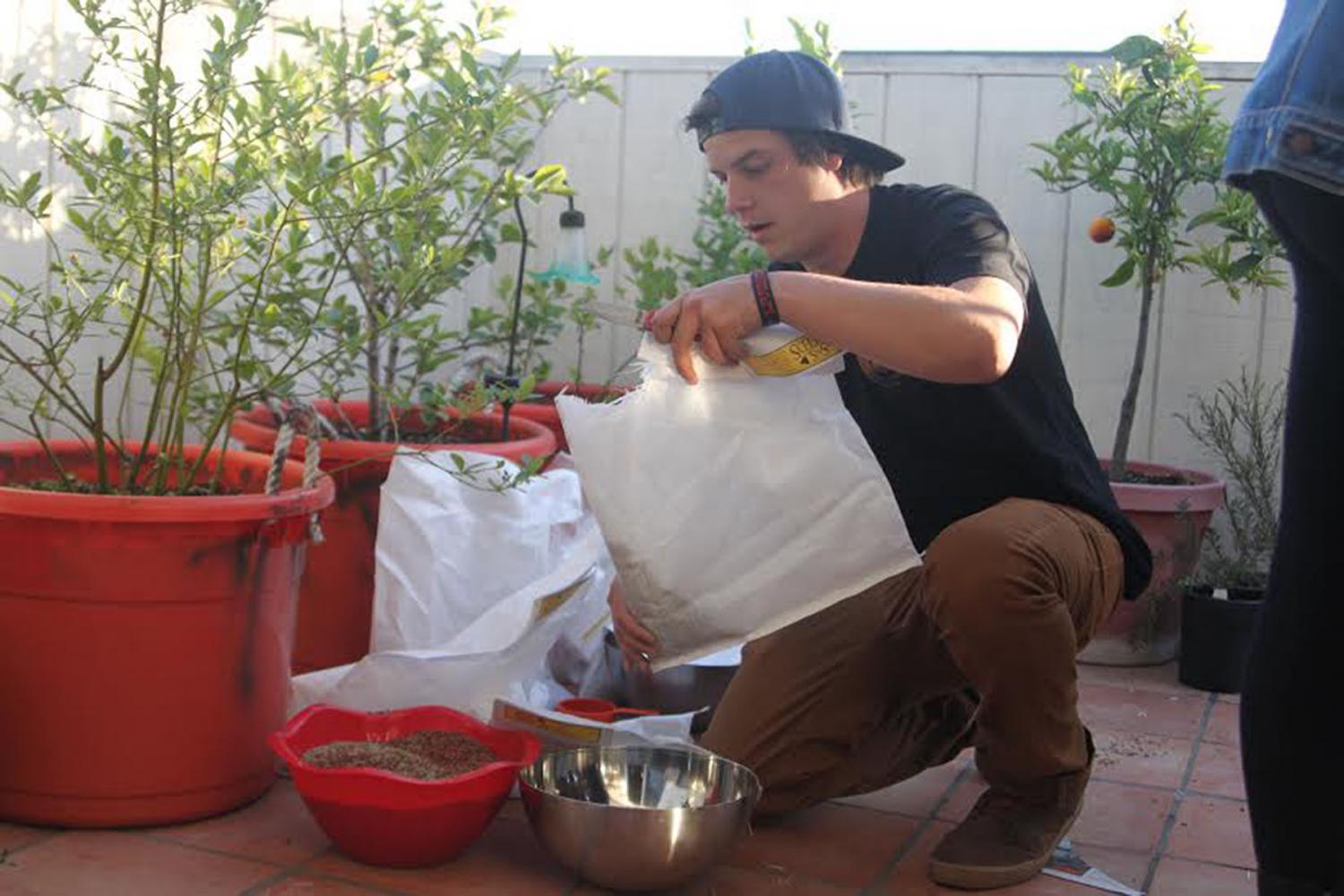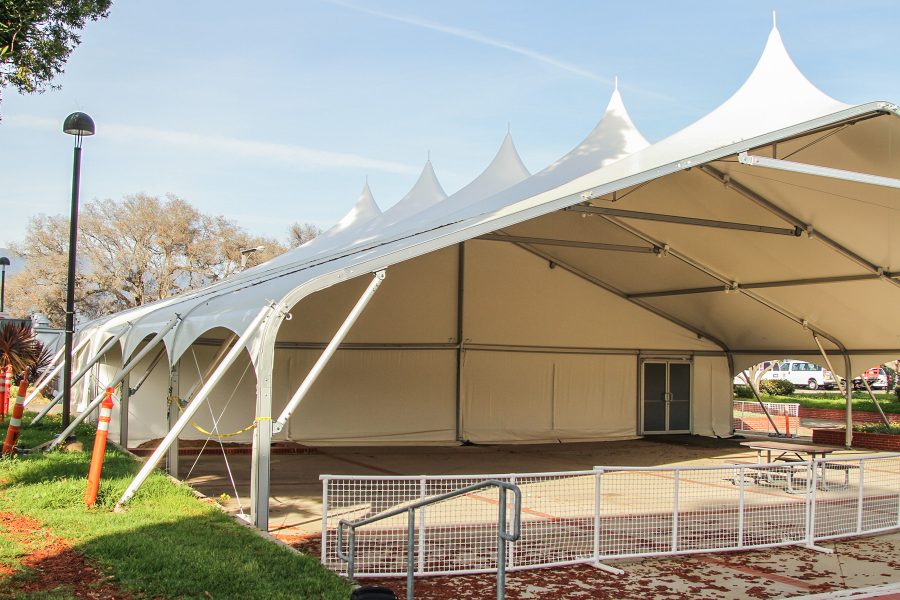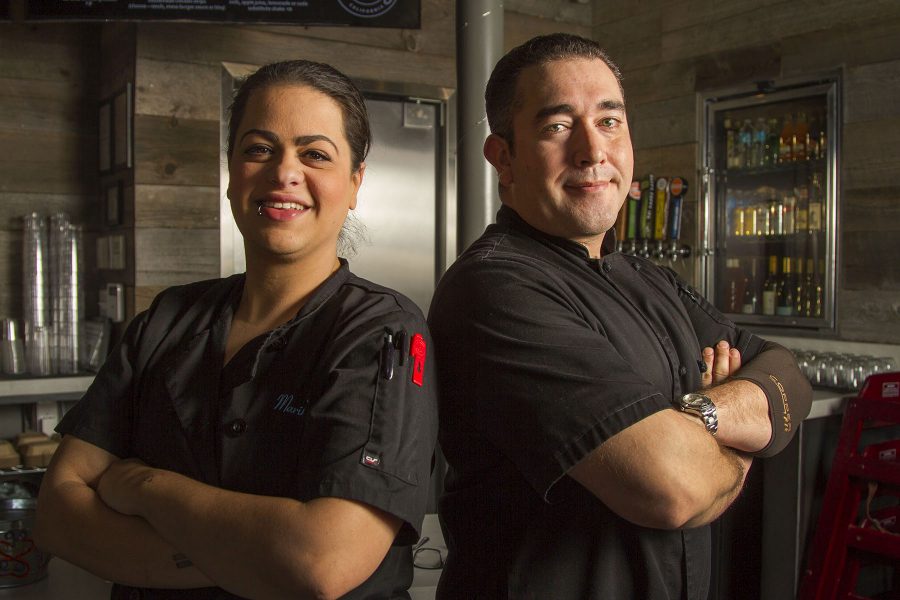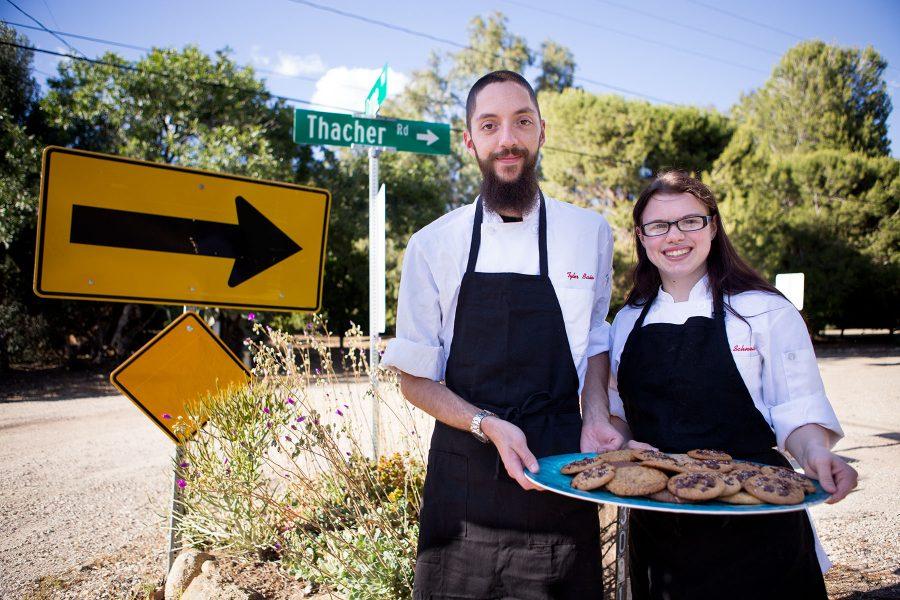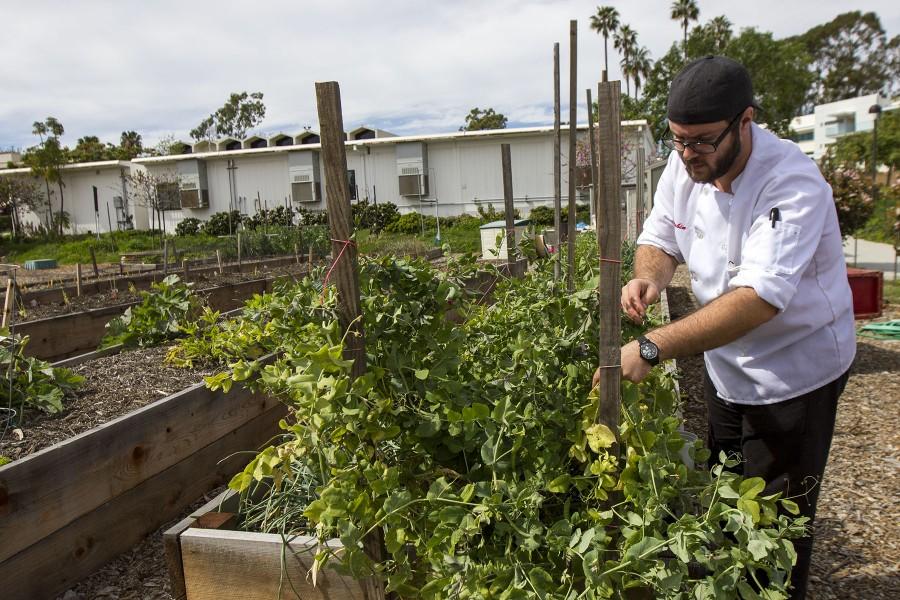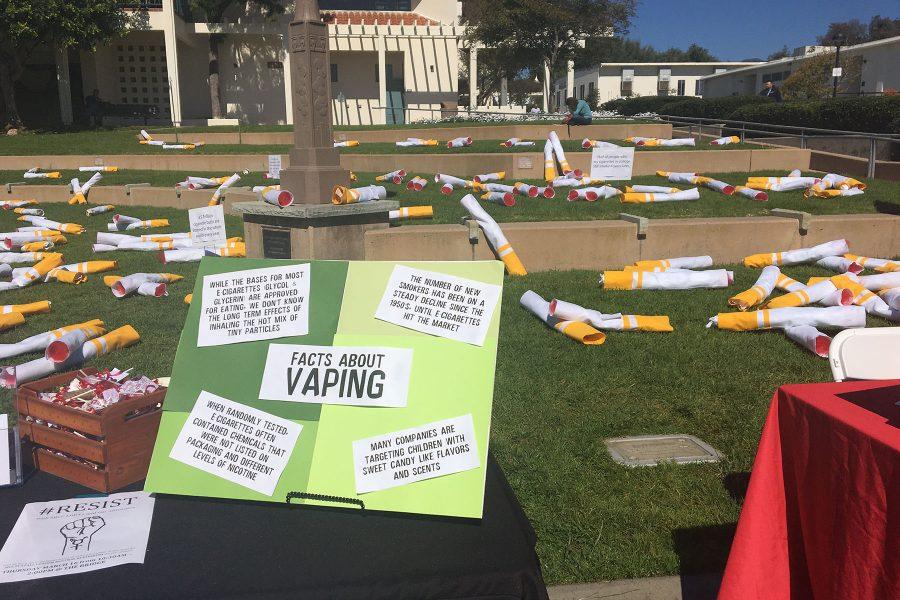Next week City College students will be asked to take a survey about their living and eating conditions which will determine the terms of the food bank to be established on campus.
According to the survey outcome, an official proposal will follow.
The food bank is proposed as a non-profit basic goods storage open to all students in need. It will be located in the Clubs’ Room closet on East Campus, next to the cafeteria. The bank will provide storable, dry food such rice and beans, as well as basic toiletries consisting of little bottles of shampoo, conditioner, body wash and toothpaste.
“Disadvantaged students who are affected by their living situation are definitely under-represented,” said Senator Ama Peiris. “The food bank is going to recognize and help them.”
In the case the bank gets fresh products, such as vegetables, it has to be distributed the same day to preserve its freshness.
“Joe Sullivan, vice president of business services, came up with the idea of making little bags with vegetables that we can just hand out to students, even on West Campus,” said Gracie Maynetto, vice president of senate affairs.
Maynetto said she would like to create a working student position at the bank, which will help to coordinate the storage administration along with the Associated Student Senate. This would increase the chances of the bank staying and becoming a part of the City College institution, she added.
Students need to scan their IDs to access the service, and then they will be allowed to take a certain amount of goods each time they visit. A computerized system will keep track of those who frequently benefit from the bank.
“There has to be a limit of visits for students to go in,” Maynetto said.
The Santa Barbara Food Bank, another non-profit organization devoted to eradicate hunger in the community, has already given its support in partnering up with the City College food bank.
This alliance could open doors to the possibility of having Costco as food donator, along with other food corporations. Several food companies such as Jordano’s and Whole Foods regularly make food donations to the Santa Barbara Food Bank.
The senate is speaking with local distributors like Lazy Acres to propose collaboration.
“The Food Bank is a great idea, especially if senators can involve the community,” said Kinesiology Student Carlos Camargo. “For example, they could get the Farmers’ Market working together with the bank.”
Senators also tried to gather faculty members’ opinion on the matter, asking how they feel about the project.
“Everybody is actually in favor of the food bank,” Maynetto said. “I’m really excited.”
Students will also be surveyed if they are willing to donate $5 or less to the project. If they are, a pop-up window will be added at the end of the registration process to enable students to donate their money to the bank.
If the survey collects a positive feedback from students, the food bank is projected to open by next semester.




